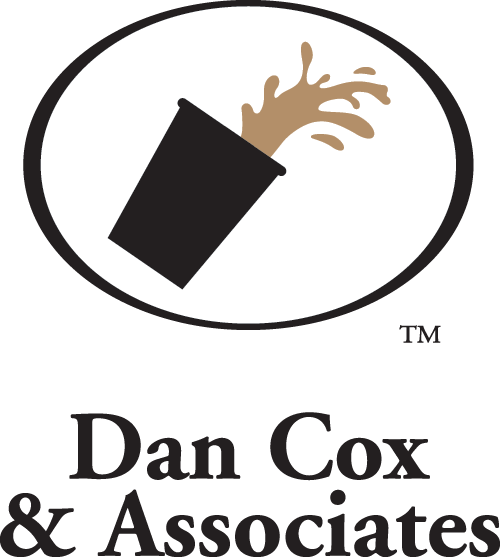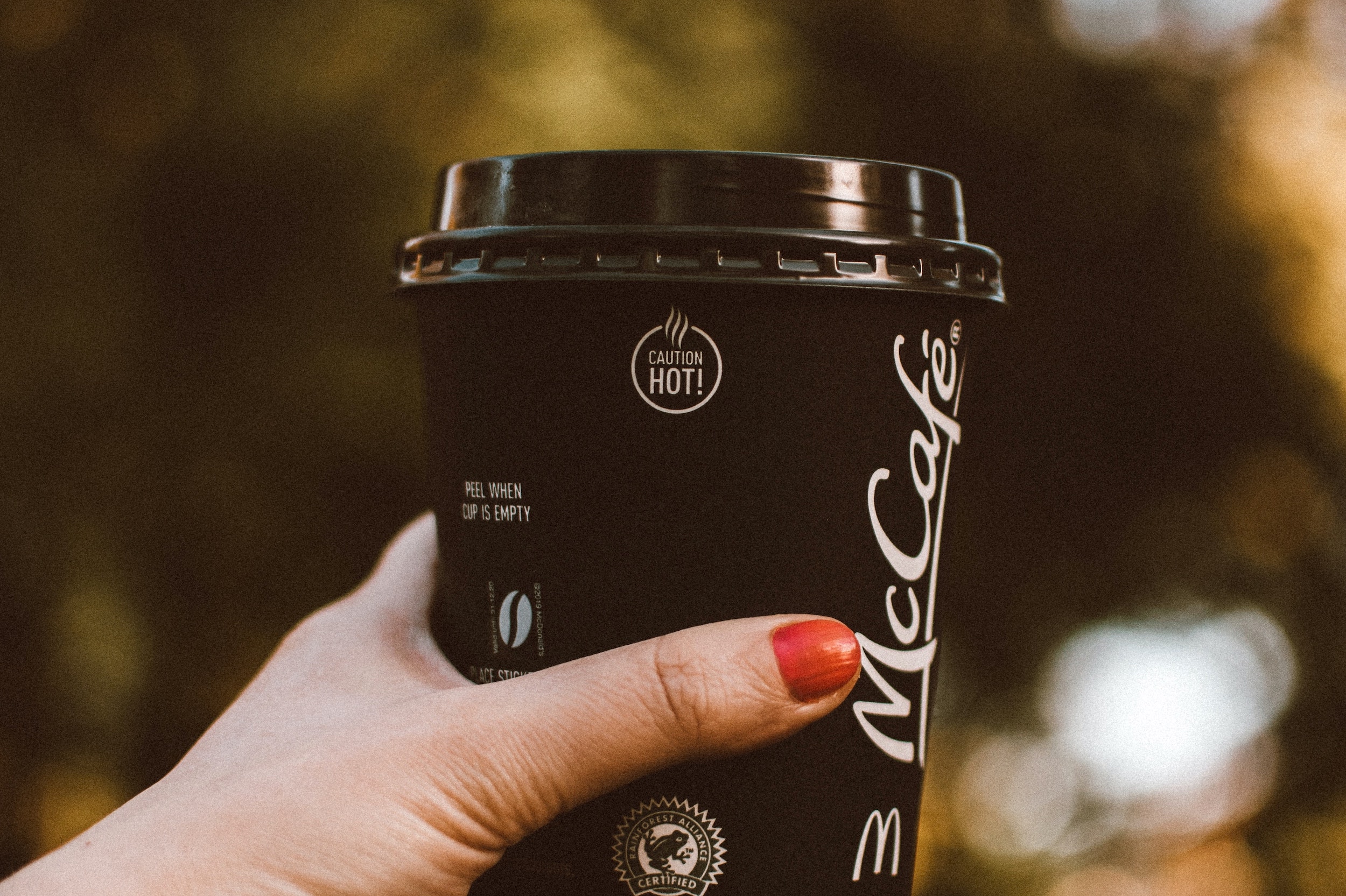Liebeck v. McDonald’s: How a Misunderstood Verdict Could Impact Your Next Case
In 1992, Stella Liebeck was seriously burned when a cup of hot coffee spilled in her lap. The resulting litigation set off a firestorm of media sensation, misunderstanding, and calls for tort reform—and sent the number of lawsuits against coffee retailers through the roof.
As time goes on, videos such as this TedEd talk reshape the conversation to make McDonald’s the villain, but we don’t think that tells the full story.
But very few people know the details of the case, which media headlines turned into an urban legend. We’re here to break down what really happened, identify the consequences of this skewed public perception, and talk about what we would do (that McDonald’s did not) to defend a business facing a hot beverage spill burn lawsuit today.
Do you know what really happened? Most people don’t
After receiving a cup of coffee from a McDonald’s drive thru, 79-year-old Stella Liebeck’s grandson pulled over. In the passenger seat of the parked car, Stella put the cup between her knees and removed the lid to add condiments. The coffee, served between 82–88℃ (180–190℉), spilled in the seat, and was trapped against her skin by the cotton sweatpants she was wearing.
Ms. Liebeck suffered third degree burns to her skin over 16% of her body, was hospitalized for eight days, and required medical treatment for two full years following the accident.
Ms. Liebeck asked for $20,000 from McDonald’s to cover her expenses, and the company countered with an offer of $800. Ms. Liebeck did not accept the settlement, and sued for gross negligence. Her lawyer argued that the coffee was “unreasonably dangerous” and “defectively manufactured.”
McDonald’s refused multiple pre-trial offers of settlement, opting to have their day in court. During the trial, it came to light that from 1983 to 1992, nearly 700 people claimed they had been burned by hot coffee at McDonald’s. A sympathetic jury awarded Ms. Liebeck $200,000 in compensatory damages as justice for her injuries. She was also awarded $2.7 million in punitive damages (intended to prevent future harm by asserting financial pressure for the offending party to change their ways), which the judge reduced to $640,000. Ultimately, the two parties settled out of court for an undisclosed amount.
McDonald’s was heavily penalized by this case, but as spill burn experts who have consulted on dozens of similar lawsuits, we would argue that a number of things went wrong with this case, and as such it should not be used as a precedent for cases today.
Liebeck v. McDonald’s Restaurants: Our take on the case
While there had been hundreds of hot beverage spill cases prior, a widely-known brand and an outrageously punitive award brought national—and even international—attention as the subject of quick news bites everywhere. And it was a case in which everyone seemed to lose. Originally only trying to protect other consumers and recoup her expenses, Ms. Liebeck became a pariah in the court of public opinion, and was widely reviled until her death in 2004.
But McDonald’s underestimated the power of a sympathetic jury and could have done more to bolster their defense.
While McDonald’s argued—rightly so—that their coffee was not “defectively manufactured.” They asserted it was brewed and served using best practices for brewing and serving temperatures (and the popularity of their coffee attested to its flavor), the lead defense witness was a McDonald’s employee. They lacked a credible, neutral expert who could explain why high temperatures are required for brewing good coffee.
Lawyers for the defense were also callous to Ms. Liebeck, and dismissive of the history of other cases. But hot beverage spill burns are serious and cause real, lasting damage. McDonald’s lawyers’ treatment of Liebeck made it difficult for them to counter the jury’s sympathy for her injuries. While the number of spill burns was an extremely tiny fraction of the billions of cups of coffee they served over that time period, an empathetic stance—along with demonstrating a commitment to improving customer safety—would have helped.
What lasting impact has the case had?
Liebeck v. McDonald’s did not change the temperature at which most restaurants brew and serve coffee. Though the verdict did not acknowledge them, best practices continue to dictate that the ideal brewing temperature for a pleasing, aromatic, and flavorful cup of coffee requires a brewing temperature that happens to be hot enough to cause burns if spilled. In fact, consumer coffee makers have changed their brewing methods and increased brew temperatures to better match commercial brewers.
Unfortunately, the verdict helped create an avalanche of new lawsuits, still impacting customers and restaurant operators today, as consumer lawyers hope for big awards or settlements for hot beverage spills.
Restaurants and other food service businesses must ensure they are using best practices for hot beverage safety in tandem with best practices for brewing. The threat of legal and financial consequences has driven an increased focus on the importance of clear warning labels and on serving hot beverages safely, in an attempt to even further decrease the incidence of spilling coffee, tea, or other hot beverages.
Due to the widely-sensationalized nature of the verdict, and the fact that many hold a strong opinion of the case without knowing the details, Liebeck v. McDonald’s is now used to screen jurors for hot beverage spill lawsuits. While it seems as if public opinion holding that these lawsuits are frivolous would be a boon to the defense, it is always critical to make room for the true facts of each case.
Preparing to defend litigation
As experts in hot beverage spill burns, we’ll continue shouting from the rooftops: spill burns are no laughing matter, and hot beverages require care in handling. Preventing spills in every way possible is the best option to lessen liability. But if you are hit with a suit, you will need an expert to ensure you are adequately defended.
Hopefully, if tried today, the details and facts of Liebeck v. McDonald’s would prevail for a totally different verdict on behalf of McDonald’s defense. Engaging an expert witness would explain and prove the need for high brewing and serving temperatures.
Knowing the details and facts, rather than relying on legend or rumor about this case, should guide consumers, foodservice operators, and lawyers toward a safer and more just outcome for all.
When facing litigation for hot beverage spills and burns, contact us to discuss your case and learn how we can strengthen your defense with expertise in science, chemistry, and best practices for preparing and serving hot beverages. Call (802) 799-2235 for a free consultation.

